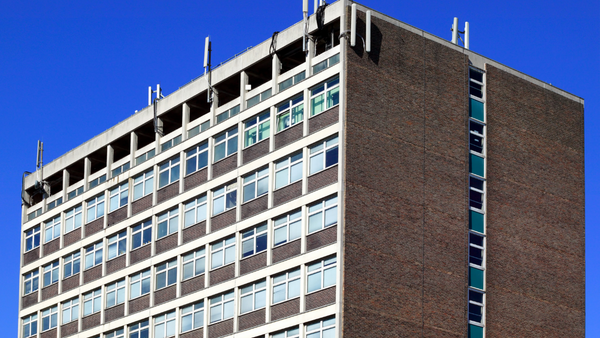The leaseholder protections in the Building Safety Act 2022 (“the Act”) came into force on 28 June 2022, introducing significant changes to the rights and protections available to those affected by building safety defects.
In accordance with the Act, qualifying leaseholders are not required to pay anything towards the removal of dangerous cladding from their buildings.
A cap has also been imposed on the amount that qualifying leaseholders can be asked to pay towards fixing other historical building safety defects. Landlords can only seek to recover these costs if they can provide a formal legal certificate or show that the costs sought do not relate to the works covered by the Act. However, the costs cannot be passed on to leaseholders if they are in any way linked to the building’s developer.
Qualifying leaseholders
A leaseholder is a qualifying leaseholder, and therefore granted the above protections by the Act, if their property is in a building above 11 metres or five storeys and, on 14 February 2022:
- the property was the leaseholder’s main home, or
- the leaseholder owned no more than three UK residential properties
A leaseholder shall also be a qualifying leaseholder if they bought their property since 14 February 2022, provided that the criteria above were true for the property on that date.
The government is planning to introduce a scheme that will protect non-qualifying leaseholders from remediation costs in circumstances where remediation is required. However, such a scheme is not yet in place and, if a non-qualifying leaseholder is asked to pay towards remediation costs, they should first check if the developer of the building has signed the Building Safety Pledge. If they have, the developer will pay to fix all life-critical fire safety defects.
What should qualifying leaseholders do now?
Any existing invoices are invalid. This means that any landlord or agent who seeks to enforce the invoice risks committing a criminal offence.
Qualifying leaseholders should also not pay any outstanding invoices relating to historical cladding or non-cladding costs, unless and until their landlord can provide them with a formal legal certificate or show that the costs sought do not relate to the works covered by the Act. If a landlord fails to do this, the Act requires them to pay for all the building safety costs, without any charge to the leaseholders.




